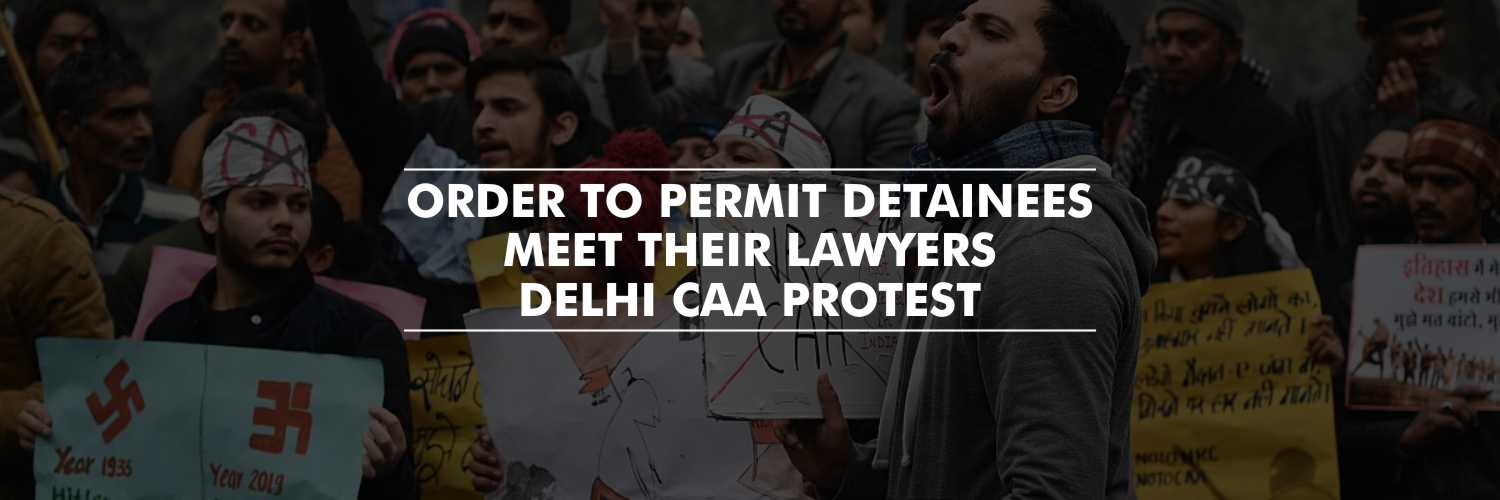Supreme Court has today dismissed a petition challenging the constitutional validity of Section 354(5) of the Code of Criminal Procedure of delivering the death penalty by hanging to death.
The bench headed by Justice SA Bobde dismissed the petition filed by an 88-year-old freedom fighter, S Parameswaran Nampoothiri who sought the quashing of a provision in the Code of Criminal Procedure, stating it a ‘colonial hangover.’ The petition challenged legality and validity of section 354 (5) of the Code, which stipulated that ‘when any person is sentenced to death, the sentence shall direct that he be hanged by the neck till he is dead.’
Advocate Wills Mathews, appearing for the petitioner argued that the provision is in conflict with the basic structure and features of the Constitution of India. The counsel questioned that without defining ‘death’ in the constitution, more particularly when various forms of death exists, whether the sentence prescribed in Section 354(5) of the Code of Criminal Procedure, 1973 can be executed.
“Whether compliance under Section 354(5) of the Code Of Criminal Procedure, 1973 is possible, when a convict has to undergo imprisonment for a particular period of time before conviction which is also a prescribed punishment, and assuming a convict is hanged by the neck “till” he is dead, even after that, his body is hanged resulting in disrespecting the body and punishment beyond the ambit and scope of Section 354(5) in the Code Of Criminal Procedure 1973,” he added.
He further argued that the death penalty lacks a deterrent effect, and that the State has no ethical right to take away human life when it cannot give life.
However, the bench dismissed the said petition while citing that the constitutional validity of death penalty was upheld by the five-judge bench of the Supreme Court in Jagmohan Singh vs. the State of Uttar Pradesh.






